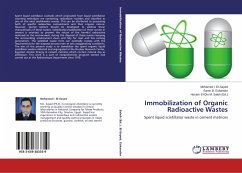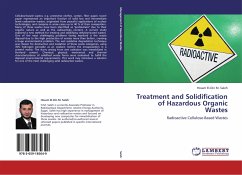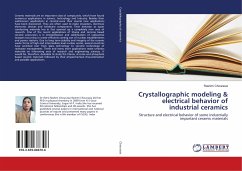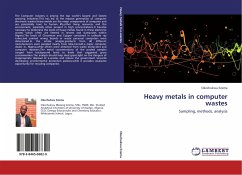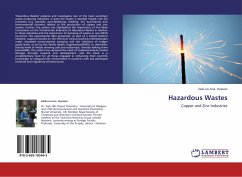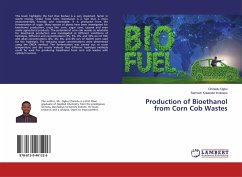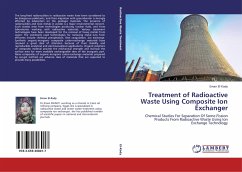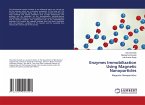Spent liquid scintillator cocktails which originated from liquid scintillation counting technique are containing radioactive nuclides and classified as one of the most problematic wastes. This can be attributed to possessing both of specific radioactive contaminants and their organic nature. However, special options should be developed to address these characteristics of these wastes. Solidification/stabilization of these wastes in cement is oriented to prevent the return of the harmful radioactive materials to the environment during the disposal of these wastes keeping the surrounding environment clean and tidy for man and has coming generations. The solidified waste form can optimally comply with the requirements for the disposal process even at very exaggerating conditions. The aim of the present study is to immobilize the spent organic liquid scintillator wastes collected and segregated at the Nuclear Research Center, Egyptian Atomic Energy in cement matrices which contain natural clay as admixture. This work is a part of comprehensive program started and carried out at the Radioisotope Department since 1970.

